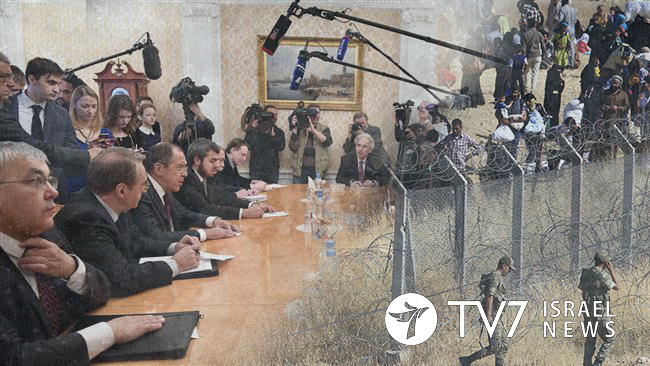Experts from Russia, Turkey, Iran and the United Nations held a technical meeting in the Kazakh capital of Astana to discuss the implementation of the Syrian cessation of Hostilities agreement, which laid the foundation for warring parties to attempt another round of negotiations to try and end the conflict, which claimed the lives of more than half a million people.
“The meeting participants have discussed the ceasefire implementation, special steps aimed at creating mechanism of efficient monitoring and control to ensure full compliance with the ceasefire regime and preventing any kind of provocations.” / “ The participants have also discussed measures aimed at building mutual trust and securing unimpeded humanitarian (aid) access. The delegations have confirmed readiness to continue cooperation in the interests of full implementation of ceasefire regime in Syria,” said Stanislav Gadzhimagomedov, Russian Negotiator and Senior Military Official.
Even though Russia, Turkey and Iran promised to intensify efforts to deliver humanitarian aid to civilians in besieged areas, the United Nations, during a meeting in Geneva, said that the month of January was the worst month for the besieged areas of Syria in terms of receiving humanitarian aid since March of 2016.
“The Special Envoy for Syria (Staffan de Mistura) is alarmed at the failed humanitarian access during the month of January. Out of 21 requests for convoys to access a total of 914,000 people, only one convoy was delivered for 40,000 people. This is in the month of January. January marked the worst month since March 2016 and there is an urgent need to move on with the other convoys as there are areas that didn’t receive any humanitarian aid for more than 100 days,” said Yara Sharif, Spokeswoman for the UN Envoy for Syria.
Although the nation-wide cessation of hostilities brokered by Russia and Turkey holds, the United Nations continues to voice concern that humanitarian aid does not reach people in besieged areas that are running out of essential goods, including food and water.
